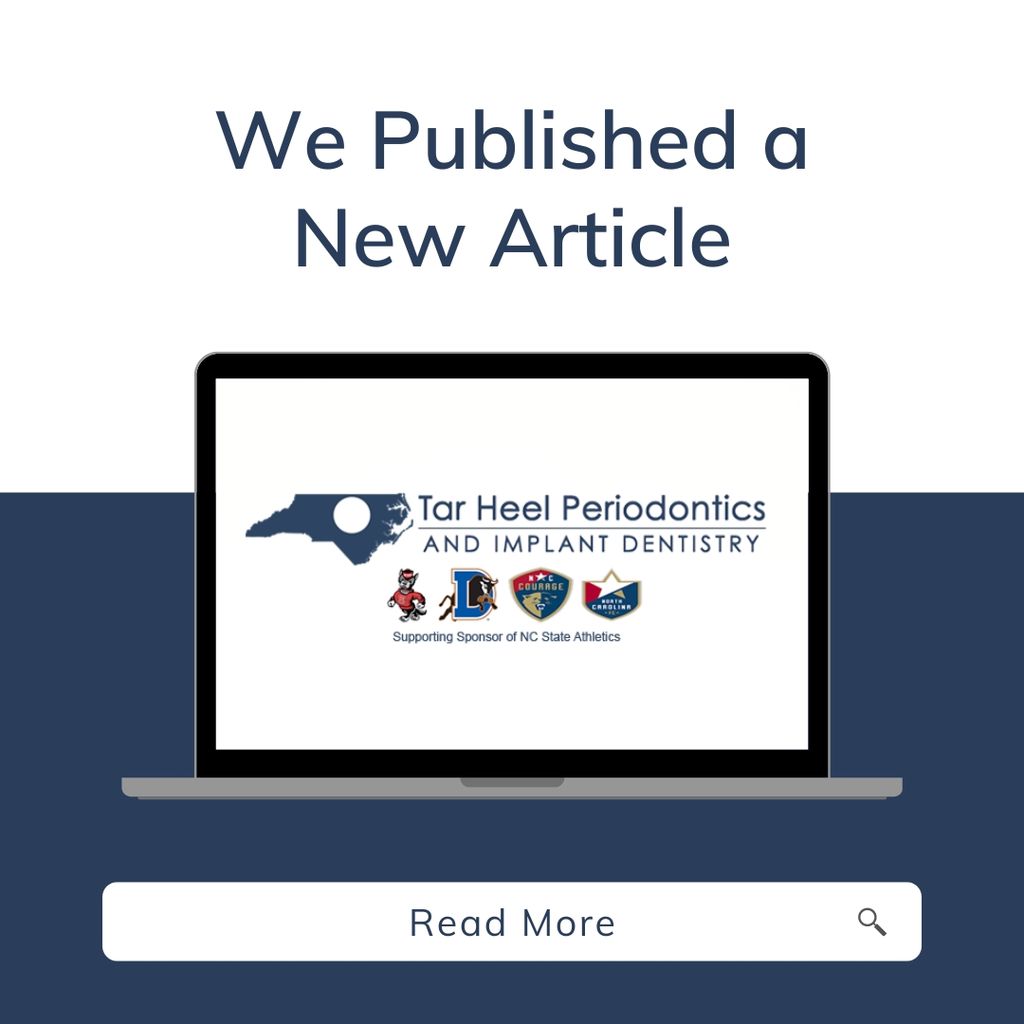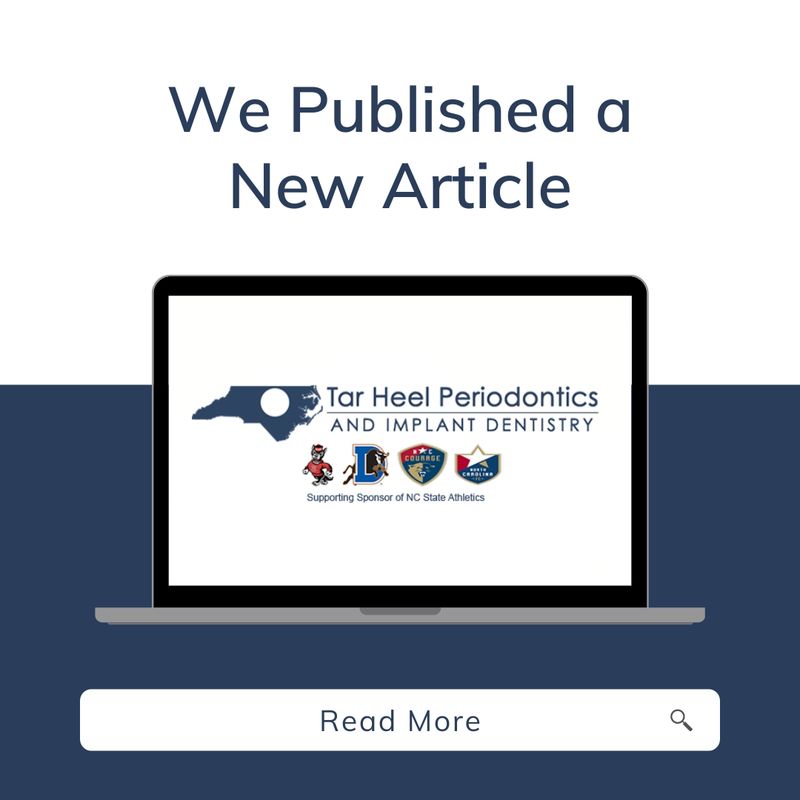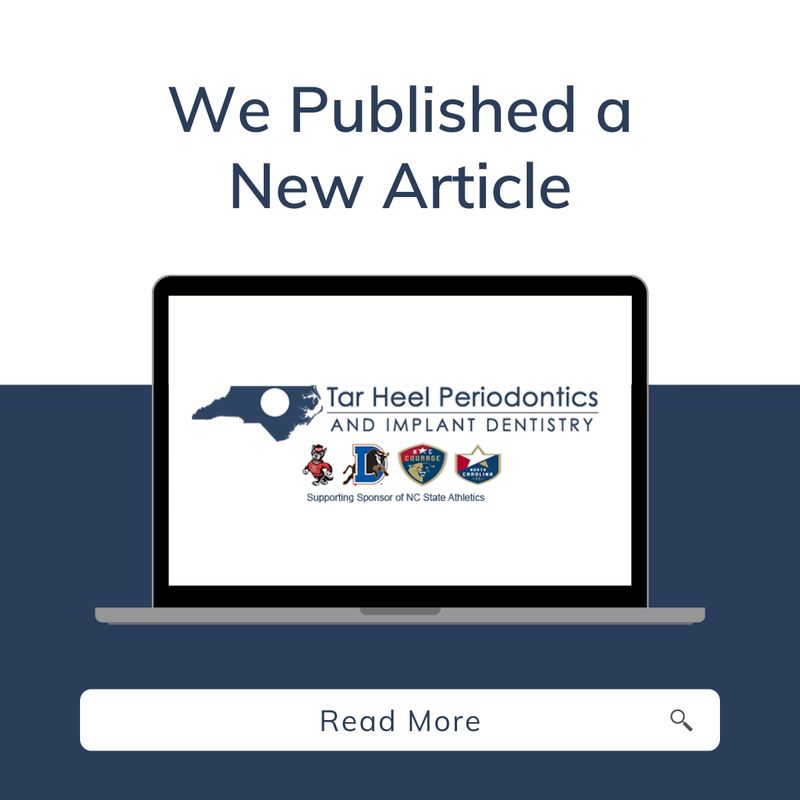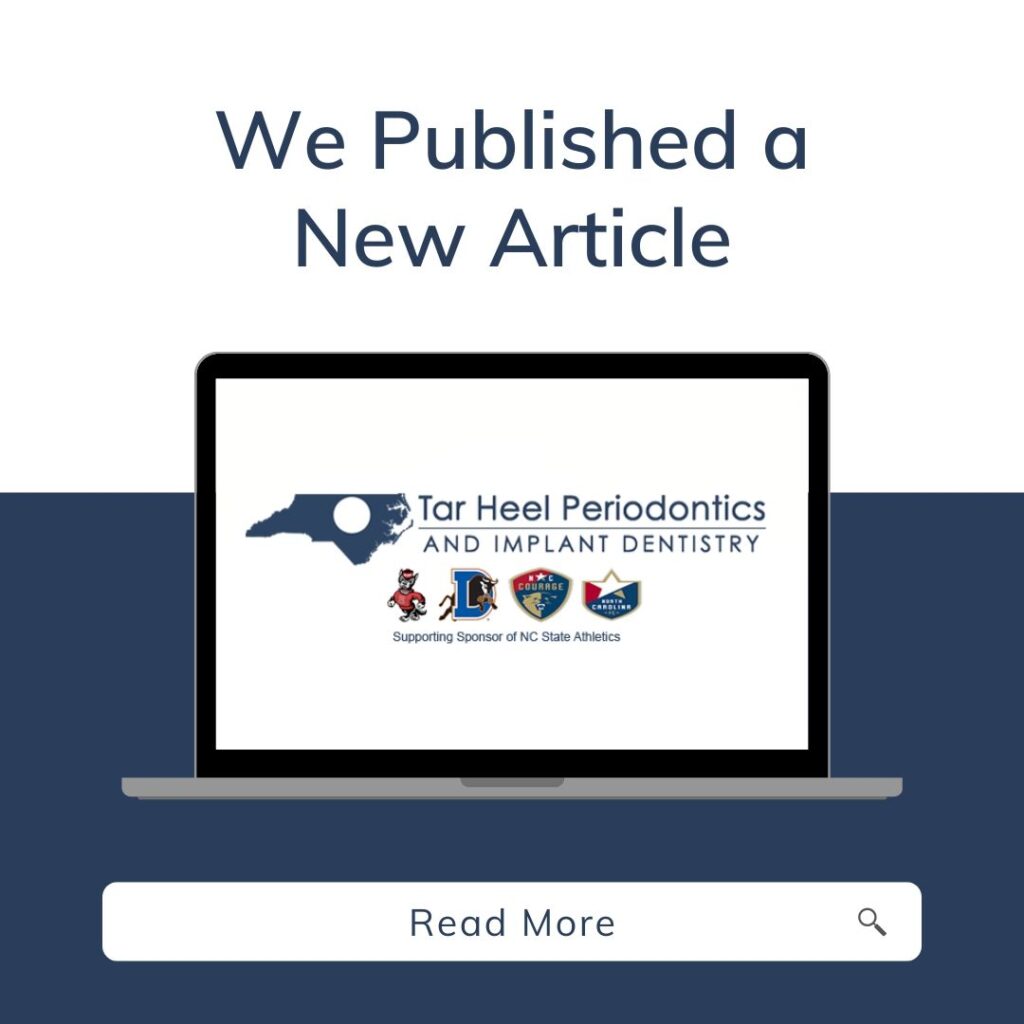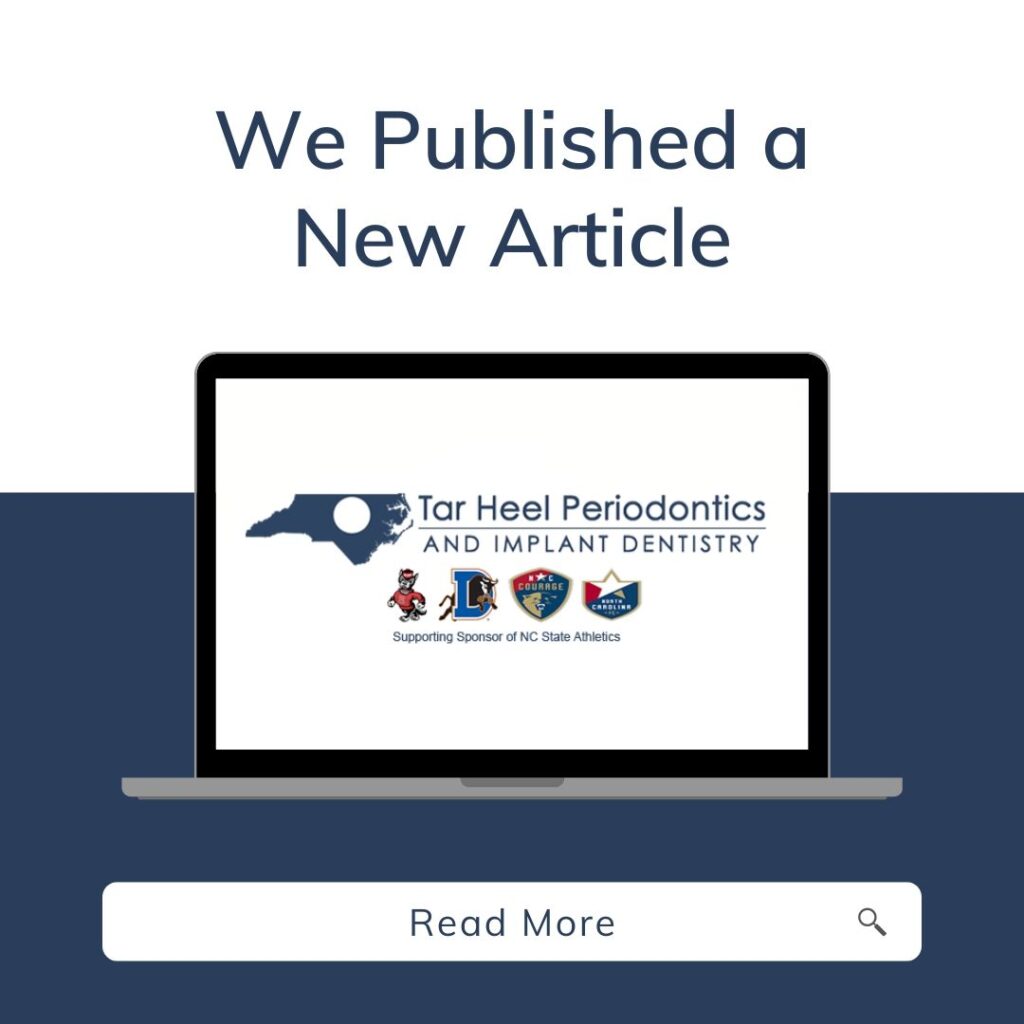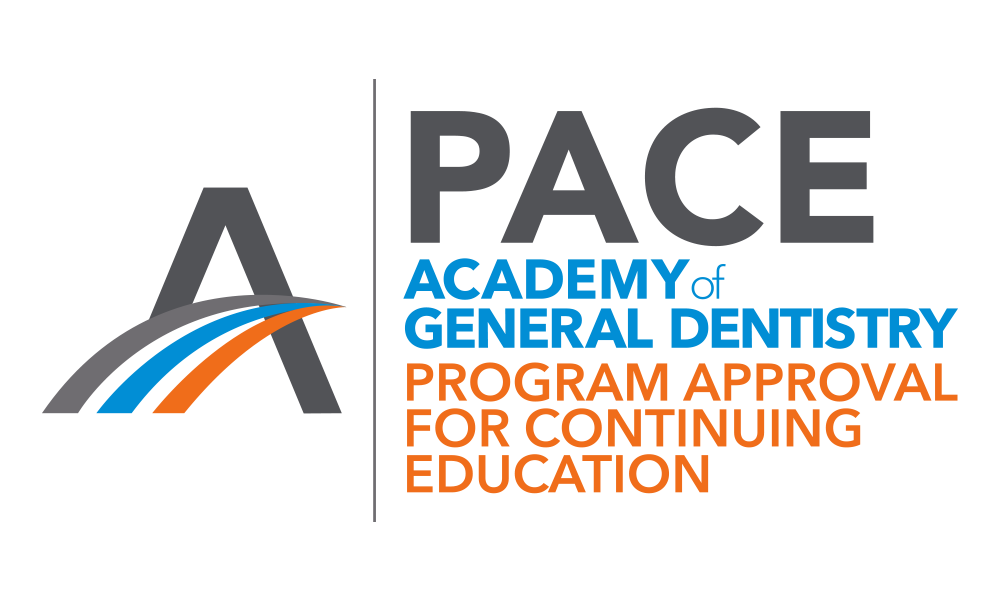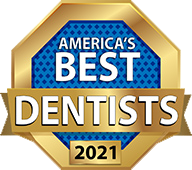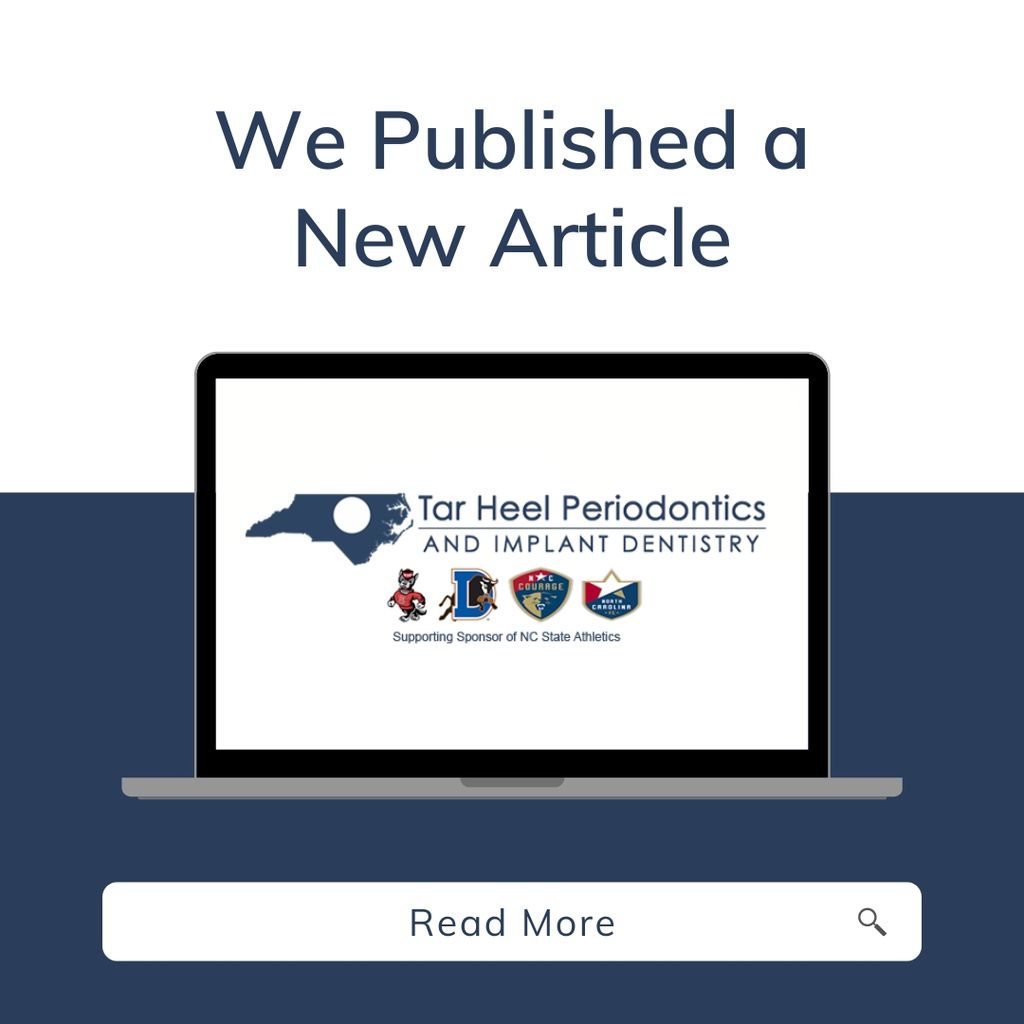
Gingivitis: A Common Yet Preventable Issue
Gingivitis, the milder form of gum disease, is more prevalent than you might think, affecting around 50 percent of the U.S. population. Characterized by red and irritated gums, gingivitis may seem minor at first glance. However, if left untreated, it can lead to severe complications. The Mayo Clinic identifies poor oral hygiene as the primary cause, with higher risks for minorities, substance abusers, older adults, and pregnant women.
Signs and Symptoms of Gingivitis
Early signs include tender and bleeding gums, swollen or shiny gums, mouth sores, and bad breath. Practicing good oral hygiene is the best preventive measure. However, if treatment becomes necessary, professionals use a process called “scaling” to remove plaque and tartar. Determining the required frequency of cleanings and exploring additional treatments, as well as incorporating over-the-counter mouthwashes, are crucial components of managing gingivitis effectively.
Periodontitis: A Serious Progression
Untreated gingivitis can progress to periodontitis, a more severe and destructive form of gum disease. Periodontitis has the potential to damage gums, mouth bones, tissues, and even teeth. This progression occurs as plaque spreads below the gum line, releasing toxins that break down tissues and bones.
Types of Periodontitis and Recognizing Symptoms
The American Academy of Periodontology categorizes periodontitis into several types, including chronic, aggressive, as a manifestation of systemic disease, and necrotizing. Symptoms mirror those of gingivitis but in a more advanced stage. Receding gums, new spaces between teeth, loose teeth, and the presence of pus around teeth and gums are indicative of periodontitis.
Treatment Options for Periodontitis
When faced with periodontitis, there are both surgical and nonsurgical treatment options available. Your healthcare provider will discuss these with you based on the severity of your condition. Prompt action and consultation with a healthcare professional are crucial if you suspect you may be suffering from periodontal disease.
Taking Control of Your Oral Health
In conclusion, while gingivitis and periodontitis are common issues, they should not be underestimated or ignored. Early detection and proactive treatment are essential for preventing the progression of these diseases. Maintaining good oral hygiene practices and seeking professional help when needed are vital steps in safeguarding your gums, teeth, and overall oral health. If you suspect any gum-related issues, schedule a prompt visit to Tar Heel Periodontics and Implant Dentistry for the care you need. Your oral health is paramount, and timely intervention can make a significant difference in preserving your smile. Trust our experienced Raleigh NC periodontist team to help you maintain a healthy and beautiful smile.


